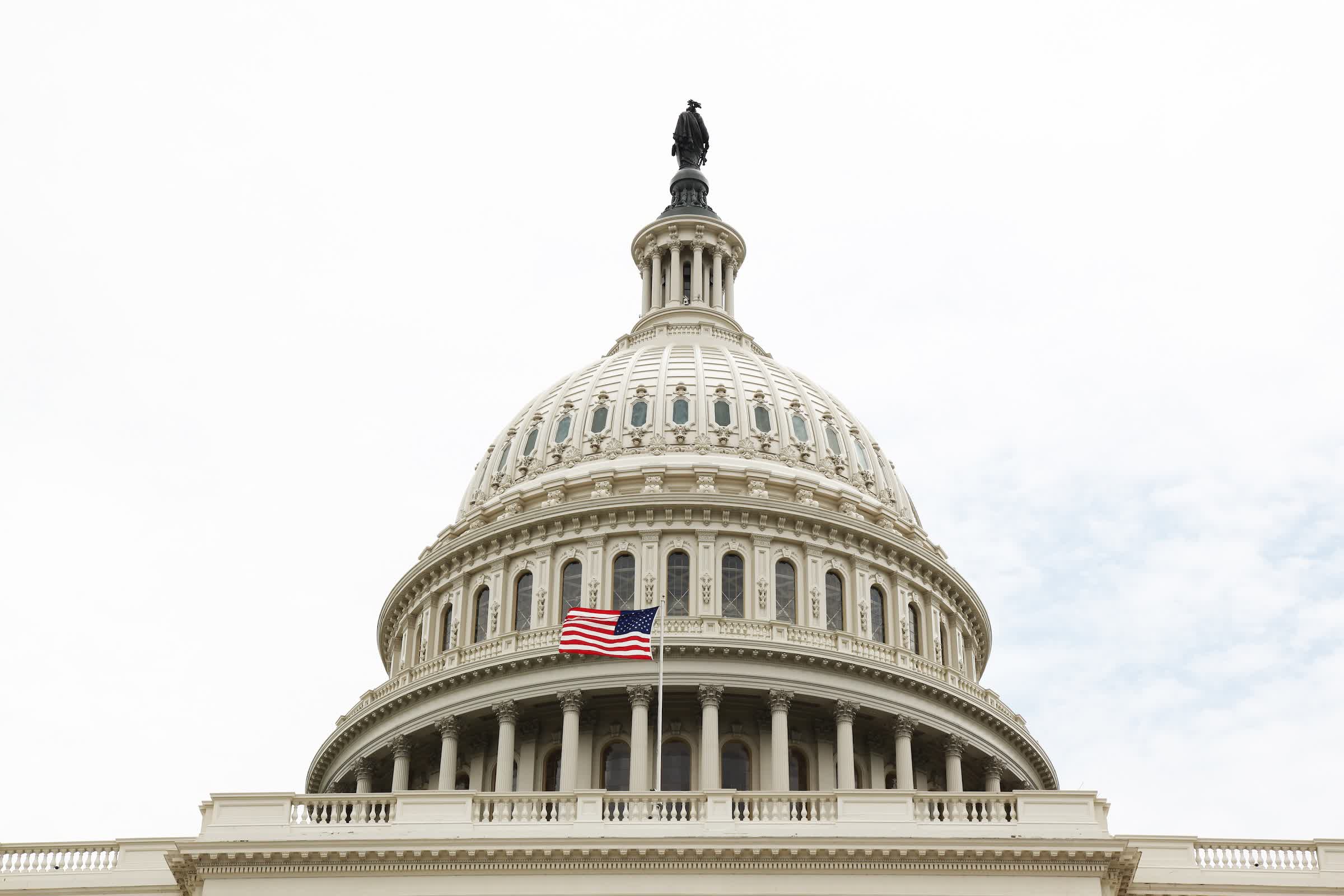What just happened? A court decision temporarily halted the rollout of the FTC's click-to-cancel rule last month, but the drive for greater transparency and simplicity for consumers navigating the subscription economy remains strong. State-level regulations on automatic renewals are still in effect in areas such as California and New York, and now federal lawmakers are once again turning their attention to this issue.
Democratic lawmakers have introduced the Click to Cancel Act, a bill designed to ensure that canceling online subscriptions is as easy as signing up for them, sparking renewed debate over consumer rights and business practices. The legislation comes on the heels of a federal appeals court decision in July that struck down the FTC's recently finalized "Click-to-Cancel" rule.
This rule, part of an amendment to the FTC's Negative Option Rule, was designed to provide customers with a simple, direct way to terminate subscriptions and stop recurring charges. It also required businesses to secure explicit consent before enrolling consumers in auto-renewal plans.
The court found that the FTC had not completed a preliminary regulatory analysis – a crucial step mandated by federal law when a rule is expected to have an economic impact of over $100 million per year. Business groups had challenged the rule almost immediately after its finalization, asserting that the agency's failure to conduct the analysis had denied them and other stakeholders meaningful input into the rulemaking process. The Eighth Circuit ultimately vacated the rule, agreeing that this procedural shortfall rendered the new requirements invalid.
Had it survived judicial review, the FTC's rule would have forced companies operating recurring payment models to make cancellation processes as effortless as possible. Consumers would have benefited from the guarantee of clear disclosures, express consent to recurring charges, and the ability to halt unwanted subscriptions immediately, whether initiated online or through other digital means.
The proposed law would give the FTC's abandoned regulation the force of statute, requiring businesses to provide clear cancellation methods and obtain consent before starting recurring charges. According to its sponsors, the Act is intended to address widespread consumer complaints about deceptive renewal practices and labyrinthine unsubscribe procedures that can lock individuals into unwanted payments.

Supporters, including consumer protection advocates, argue that such protections are both overdue and widely popular. John Breyault of the National Consumers League stated that the measure offers common-sense benefits, making it easier for every household to manage subscriptions without fear of hidden fees or difficult cancellation processes.
However, detractors remain, largely along party lines. While the FTC's original rule had backing solely from its Democratic commissioners and the new legislation has been championed so far only by Democratic lawmakers, there is uncertainty about whether a bipartisan consensus can be reached in Congress.
If enacted, the Click to Cancel Act would make violations by companies an "unfair or deceptive act or practice" under the FTC Act, with potential fines of $50,000 per infraction. The bill also aims to streamline consumer protections by preventing companies from exploiting opaque fine print or convoluted cancellation methods to lock customers into recurring charges.
